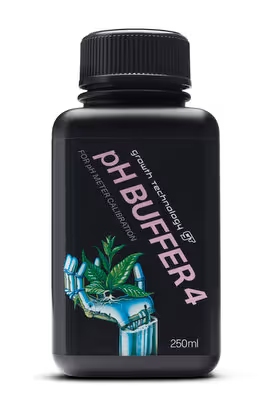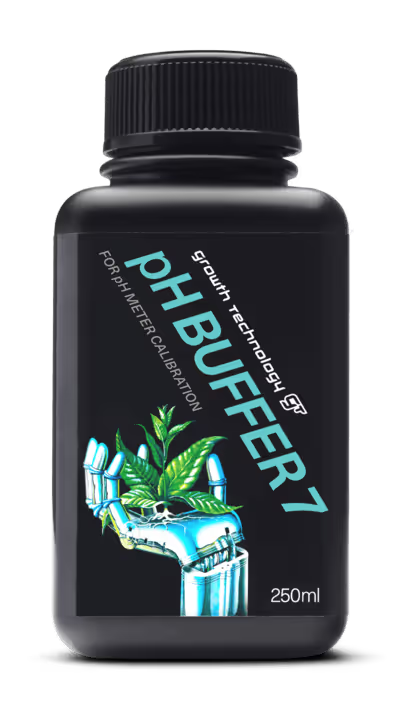

pH Down
To lower pH of nutrient Solutions.
Benefits
Guide
Add nutrients and additives into tank, mix well, allow to settle, then test pH.
Using a dropper, add a small amount of pH Down to the solution (count drops), mix well, then repeat pH test.
Repeat Step 2 until desired pH is achieved. Record the number of drops used per litre for future reference.
Storage
Store in a well-ventilated and secure place.
Sizes
Additional Information
Avoid contact with skin and eyes. Wear protective gloves, eye and face protection when mixing or using.
Store in well-ventilated and secure place.
For advice, contact a Poisons Information Centre (Australia 13 1126; New Zealand 0800 764 766) or contact a doctor at once. If swallowed, do NOT induce vomiting. Immediately give a glass of water. If in eyes, hold eyelids apart and flush the eye for at least 15 minutes and contact a doctor. If skin or hair contact occurs, remove contaminated clothing and flush skin and hair with running water.
Frequently Asked Questions
Why is pH so important when using GT Silica?
Silica in the form of potassium silicate is alkaline, which can raise the pH of your nutrient solution. It's important to regularly monitor and adjust your pH levels when using GT Silica. If pH levels rise too high, they can affect your plants' ability to absorb other essential nutrients. Keeping your pH within the ideal range (5.5 to 6.5) will ensure your plants receive all the nutrients they need for healthy growth.






